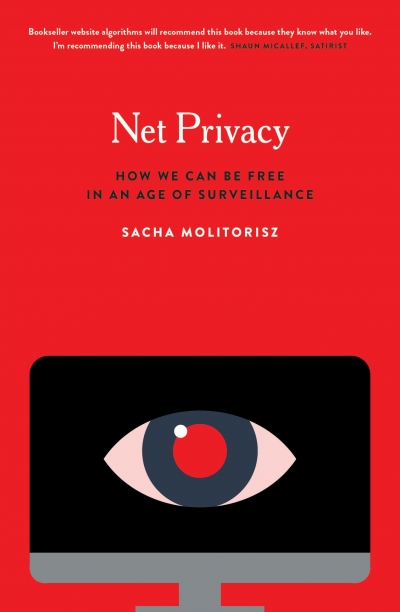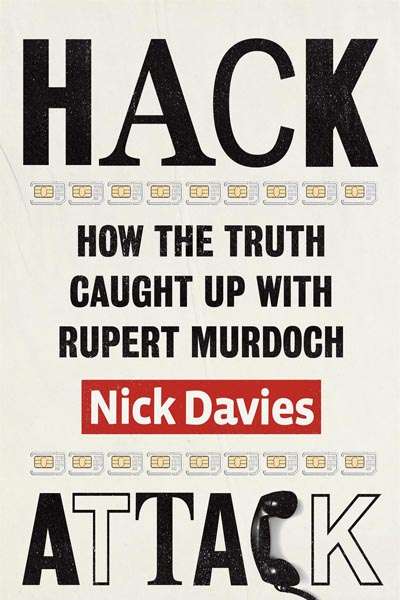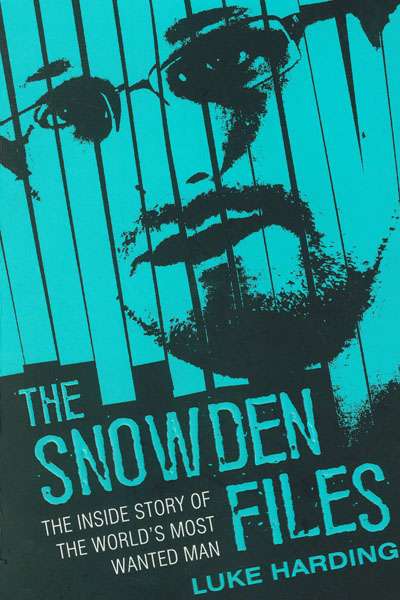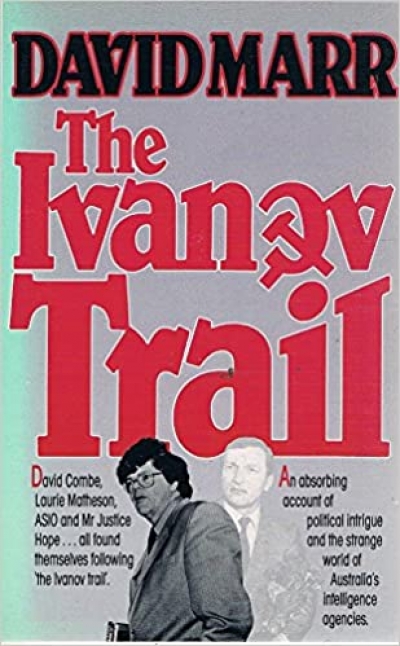Surveillance
The Life of a Spy: An education in truth, lies and power by Rod Barton
by Andrew West •
Net Privacy: How we can be free in an age of surveillance by Sacha Molitorisz
by Alex Tighe •
Hack Attack by Nick Davies & Beyond Contempt by Peter Jukes
by Rodney Tiffen •
The Snowden Files by Luke Harding & No Place to Hide by Glenn Greenwald
by James Der Derian •





